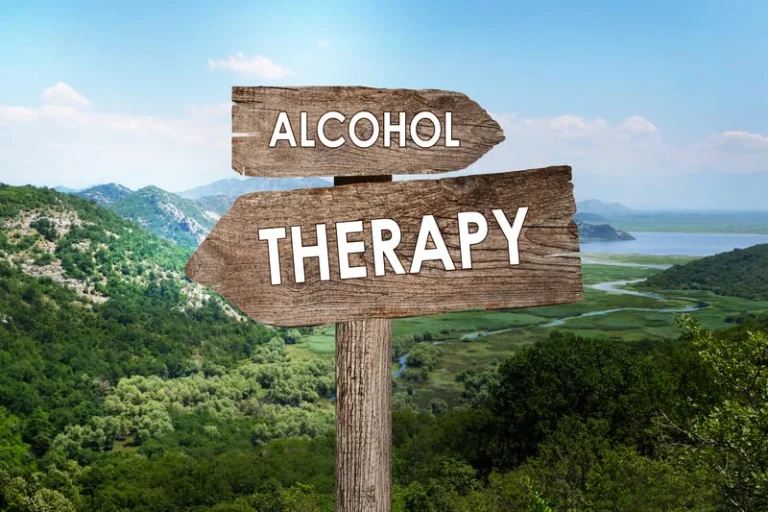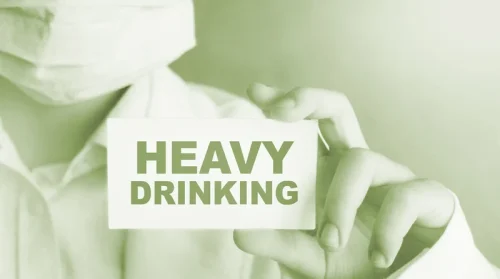
39 It is described as protocol driven, but also involving an essential level of creativity at the hand of the therapist. Originally developed for treating externalizing behaviors more broadly, FFT has shown reductions in adolescent substance use in various clinical trials. FFT is also being tested for treating rural adolescents’ substance use problems through a video teleconference version.
Relapse Prevention for Families
A corollary assumption is that substance use should decline when substitute rewards are available; that is, when there are alternative rewards that satisfy a similar need. For example, indices of self-help group involvement, such as obtaining a sponsor, making 12-step friends, reading 12-step materials, and endorsing 12-step beliefs, tend to increase among patients in TSF programs and to increase more than among patients in CB programs. Moreover, compared to patients from CB programs, patients from TSF programs are more likely to have an abstinence goal, attend 12-step groups and work the steps after the completion of acute care. Patients who attend 12-step self-help groups after treatment tend to maintain their gains on these proximal outcomes better than patients who do not participate in these groups (Brown et al., 2002; Finney et al., 1998; Johnson et al., 2006). The field of Social Services is working to move beyond a moral model of substance use disorders. You can help people make their own decisions (self-efficacy) and advocate for services to improve the lives of people who use substances and live with SUDs.
Incorporating the Concept of Systems Into Family Models
- Recovery supports can include spouses, intimate partners, CSOs, parents, extended family members, friends, community members, spiritual mentors, teachers, clergy, recovering peers, employers and coworkers, case managers, and primary care and behavioral health service providers.
- Often parents blame themselves for their children’s substance use and feel responsible for fixing the problem.
- Next, because several of the evidence-based treatments seem to yield equivalent outcomes, the current status of efforts to specify common principles of effective treatments are summarized.
- Think back to the beginning days of the COVID-19 pandemic and how many people were negatively impacted by the social gathering restrictions.
- In systems theory, the family is a system of parts that is itself embedded in multiple systems—a community, a culture, a nation.
Browse the NAATP Addiction Industry Directory to find licensed addiction service providers near you. This approach helps patients achieve lasting recovery, connects them with a community of supportive peers, and provides access to a judgment-free environment. A major development in the treatment of alcohol dependence was the FDA’s recent approval of naltrexone. The application of naltrexone, an opioid antagonist, to the treatment of alcoholism derives from findings indicating that naltrexone reduces alcohol consumption in animals and alcohol craving and use in people 28.

Drug counseling (individual and group)
Family peer recovery specialists also introduce and actively link family members to community-based recovery support services like Al-Anon. Family case management addresses not only the needs of the client with an SUD, but also family issues related to the client’s substance misuse. For example, criminal behavior, unemployment, financial and food insecurity, domestic violence, and child maltreatment are often present in families where one or more family members are misusing substances. Family case management is for families who are or should be involved intensely with larger systems, which include the workplace, schools, healthcare clinics, the criminal justice system, foster care and child welfare agencies, mental health facilities, and faith-based organizations. People with SUDs can receive family case management services in a variety of settings, including specialty SUD treatment programs, mental health service programs, adult drug courts, family courts, and child welfare agencies.
- CM interventions have also been adapted to provide patients with rewards for engaging in vocational training and to make participation in training and its attendant monetary rewards contingent on abstinence.
- Although the development of an inventory to assess these areas is a complex undertaking, some models are available.
- This accessible guide offers a much-needed integration of family therapy into the treatment of substance use disorders.
All family counseling approaches for SUD treatment refect the principles of systems theory. Systems theory views the client as an embedded part of multiple systems—family, community, culture, and society. Family counseling approaches specific to SUD treatment require SUD treatment providers to understand and manage complex family dynamics and communication patterns. They must also substance abuse counseling be familiar with the ways family systems organize themselves around the substance use behaviors of the person with an SUD. Substance misuse is often linked with other difficult life problems— for example, co-occurring mental disorders, criminal justice involvement, health concerns including sexually transmitted diseases, cognitive impairment, and socioeconomic constraints (e.g., lack of a job or home). The addiction treatment field has adapted family systems approaches to address the unique circumstances of families in which substance misuse and SUDs occur.

